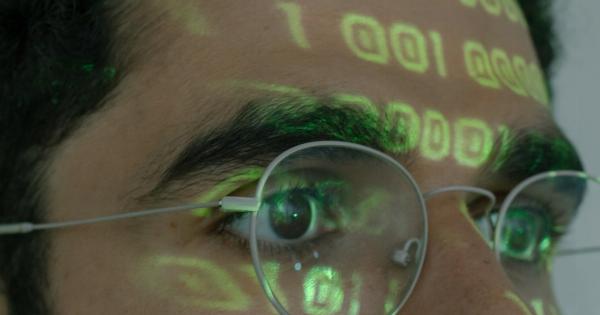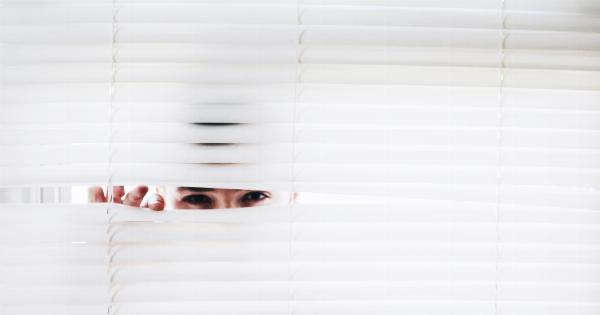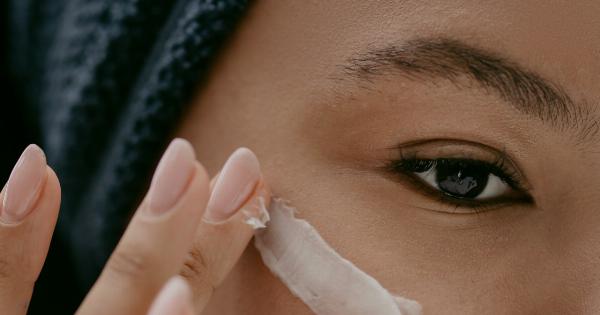Are you tired of waking up with puffy eyes every morning? This can be a frustrating problem for many people, but fortunately, there are steps you can take to reduce the puffiness and improve the appearance of your eyes.
In this article, we will explore the causes of puffy eyes and provide tips on how to fix them.
What causes puffy eyes?
There are several factors that can contribute to puffy eyes:.
Lack of sleep
One of the most common causes of puffy eyes is a lack of sleep. When you don’t get enough rest, your body produces more cortisol, which can cause inflammation and fluid retention. This can result in puffy eyes and dark circles.
Salt intake
If you consume too much salt, your body may retain excess water, which can lead to puffy eyes. Try to limit your salt intake to no more than 2,300 milligrams per day (or 1 teaspoon).
Dehydration
Dehydration can also cause puffy eyes. When you don’t drink enough water, your body may retain water in an attempt to compensate for the lack of fluids. This can lead to puffiness around the eyes.
Allergies
Allergies can cause the eyes to become inflamed, which can lead to puffiness. If you have allergies, try to avoid triggers and take antihistamines if necessary to reduce inflammation.
Sinus problems
Sinus problems can also contribute to puffy eyes. When your sinuses are congested, the pressure can build up and cause fluid to accumulate around the eyes.
Age
As you age, the skin around your eyes becomes thinner and less elastic, which can cause puffy eyes. This is because the fat that is normally stored around the eyes moves forward and settles into the lower eyelids.
How to fix puffy eyes
Now that we know what causes puffy eyes, let’s explore some tips on how to fix them:.
Get enough sleep
The most effective way to reduce puffiness around the eyes is to get enough sleep. Aim to get at least 7-8 hours of sleep each night.
If you have trouble sleeping, try creating a relaxing bedtime routine, avoiding electronics before bedtime, and keeping your bedroom cool and dark.
Reduce salt intake
Another way to reduce puffiness is to reduce your salt intake. Try to avoid processed foods that are high in sodium and opt for fresh fruits and vegetables instead.
Stay hydrated
Drinking enough water can also help reduce puffiness. Aim to drink at least 8-10 glasses of water each day, and avoid consuming too much alcohol or caffeine, which can dehydrate you.
Use cold compresses
Cold compresses can help reduce inflammation and swelling around the eyes. You can use a cold washcloth, a chilled cucumber slice, or even a bag of frozen peas wrapped in a towel. Apply the compress for 10-15 minutes at a time.
Use eye creams and serums
There are several eye creams and serums on the market that are specifically designed to reduce puffiness and dark circles. Look for products that contain caffeine, green tea, or vitamin C.
Consider cosmetic treatments
If your puffy eyes are caused by age or genetics, you may want to consider cosmetic treatments such as dermal fillers, chemical peels, or eyelid surgery.
However, these treatments can be expensive and may come with some risks, so be sure to consult with a qualified professional before making a decision.
Takeaway
Puffy eyes can be a frustrating problem, but with the right mix of lifestyle changes and treatments, they can be reduced or eliminated altogether.
If you’re experiencing persistent puffiness and swelling around the eyes, consult with a doctor to rule out any underlying medical conditions.






























